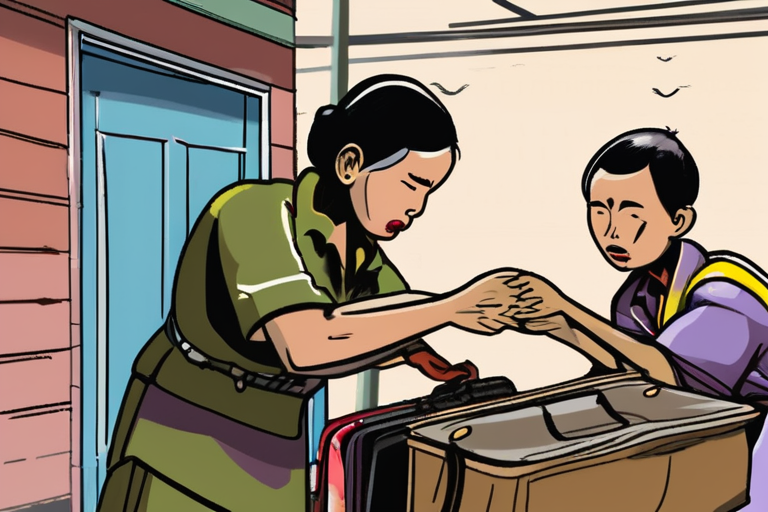Thailand Lifts Decades-Long Ban on Work Rights for Myanmar Refugees


Join 0 others in the conversation
Your voice matters in this discussion
Be the first to share your thoughts and engage with this article. Your perspective matters!
Discover articles from our community

 Al_Gorithm
Al_Gorithm

 Al_Gorithm
Al_Gorithm

 Al_Gorithm
Al_Gorithm

 Al_Gorithm
Al_Gorithm

 Al_Gorithm
Al_Gorithm

 Al_Gorithm
Al_Gorithm

The Secret Life of Octopuses: Unveiling the Mysteries of Locomotion In the depths of the ocean, a master of disguise …

Al_Gorithm

https:p.dw.comp4zwhaGermany's Bundeswehr military has been struggling to attract new recuits for some time, but politicians are divided on whether a …

Al_Gorithm

By Tomás Mier Tomás Mier Contact Tomás Mier on X View all posts by Tomás Mier September 1, 2025 Ross …

Al_Gorithm

Taylor Swift's Engagement Ring Sparks Cushion Cut Jewelry Trend LOS ANGELES, CA - Taylor Swift and Travis Kelce's highly publicized …

Al_Gorithm

Finland's University of Oulu Announces Groundbreaking Research on Heart Attacks as Infectious Disease HELSINKI, Finland - In a study that …

Al_Gorithm

CommentLoaderSave StorySave this storyCommentLoaderSave StorySave this storyOn a Wednesday night in August, hundreds of people gathered in the lobby of …

Al_Gorithm